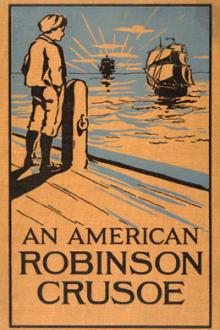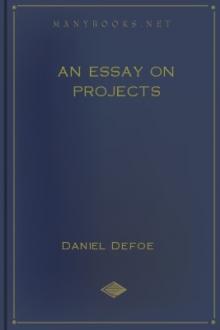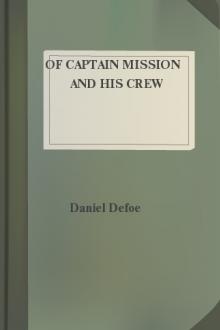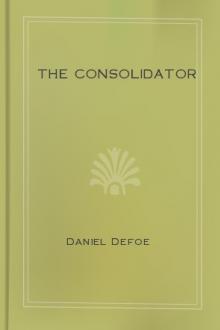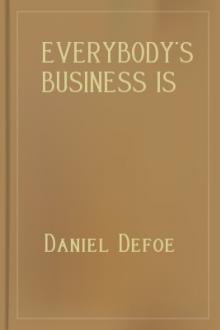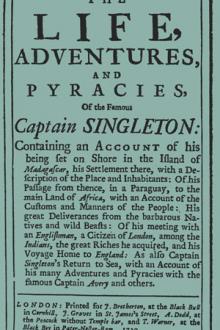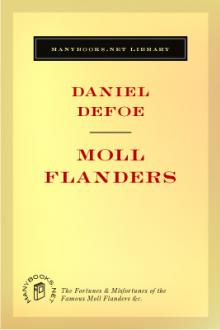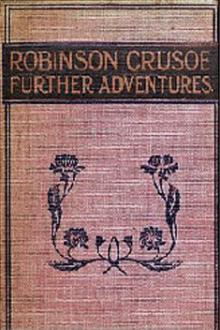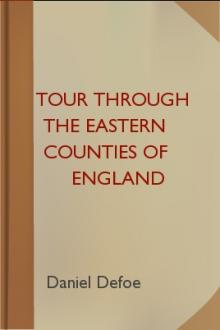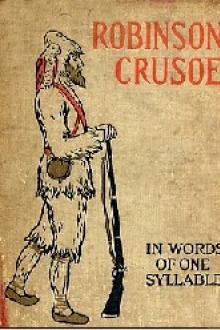Robinson Crusoe
Book Excerpt
I observed in this last part of his discourse, which was truly prophetic, though I suppose my father did not know it to be so himself - I say, I observed the tears run down his face very plentifully, especially when he spoke of my brother who was killed: and that when he spoke of my having leisure to repent, and none to assist me, he was so moved that he broke off the discourse, and told me his heart was so full he could say no more to me.
I was sincerely affected with this discourse, and, indeed, who could be otherwise? and I resolved not to think of going abroad any more, but to settle at home according to my father's desire. But alas! a few days wore it all off; and, in short, to prevent any of my father's further importunities, in a few weeks after I resolved to run quite away from him. However, I did not act quite so has
Editor's choice
(view all)Popular books in Adventure, Fiction and Literature, Nautical
Readers reviews
- Upvote (0)
- Downvote (0)
www.bookgar.me
It is one that you can't stop until you finish it .
All this obscures the fact that “RC” is in and of itself a really excellent book. It is no coincidence that one of (if not the) greatest current writer of English, JM Coetzee, wrote “Foe,” putting himself into the mind of Defoe. For this earliest of novels is still one of the best.
The plot of “RC” is simple and its broad outlines are known by all: Robinson Crusoe is shipwrecked on an island; much adventure ensues.
Robinson struggles with his environment and himself, and comes out a better man. This is, I think, generally recognized. There are goats there on the island, and he eats them. Everyone knows that properly prepared goat is tasty, so again: no news flash.
What gets less attention is the dark paranoia that drives much of the action of the book. Robinson spends much of his time imagining and preparing for violent eventualities that in the end he encounters only because he brought them on himself.
The other thing that struck me as I read this book for what must have been the fifth time is how profoundly religious it is. Not just because Robinson talks about God all the time. That is believable (after all, Evelyn Waugh in his travel book “Ninety-Two Days” wrote about tendency of men who live alone to obsess on theological topics), but just the first step.
What “RC” gives us is a profoundly Protestant view of salvation: A man—a sinner, and a willful one at that—is left alone with the Bible, discovers within himself the forgotten seeds of Protestant (Defoe is explicit about that) Christianity, reconciles himself with God, and proceeds to convert the unbeliever. Whatever one thinks of this as an ideology, I think Defoe’s incorporation of it into his story was brilliant. The whole thing is a Protestant morality tale, and is probably the only such tale I've encountered that possesses literary value.
Come to think of it, maybe the two elements—paranoia and religion—are actually linked: Schreber’s depiction of his schizophrenia in “Memoirs of My Nervous Illness,” too, reflects perhaps not dissimilar obsessions (though rather differently formulated, of course).
Anyway. “RC” being a work of its time, one must also note the absence of women characters, except for Robinson’s mother, and of course the pervasive sense of racial superiority that characterizes all depictions of non-Europeans. And also, I think, as a result of its age, the language of the book is sometimes not euphonous to the modern ear; the syntax sometimes rather more tortured than clear.
But the book remains a resounding success, and is well worth reading.
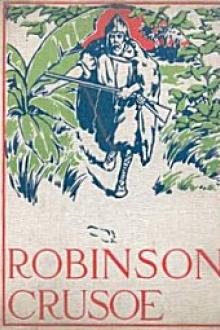
 Free Download
Free Download





















